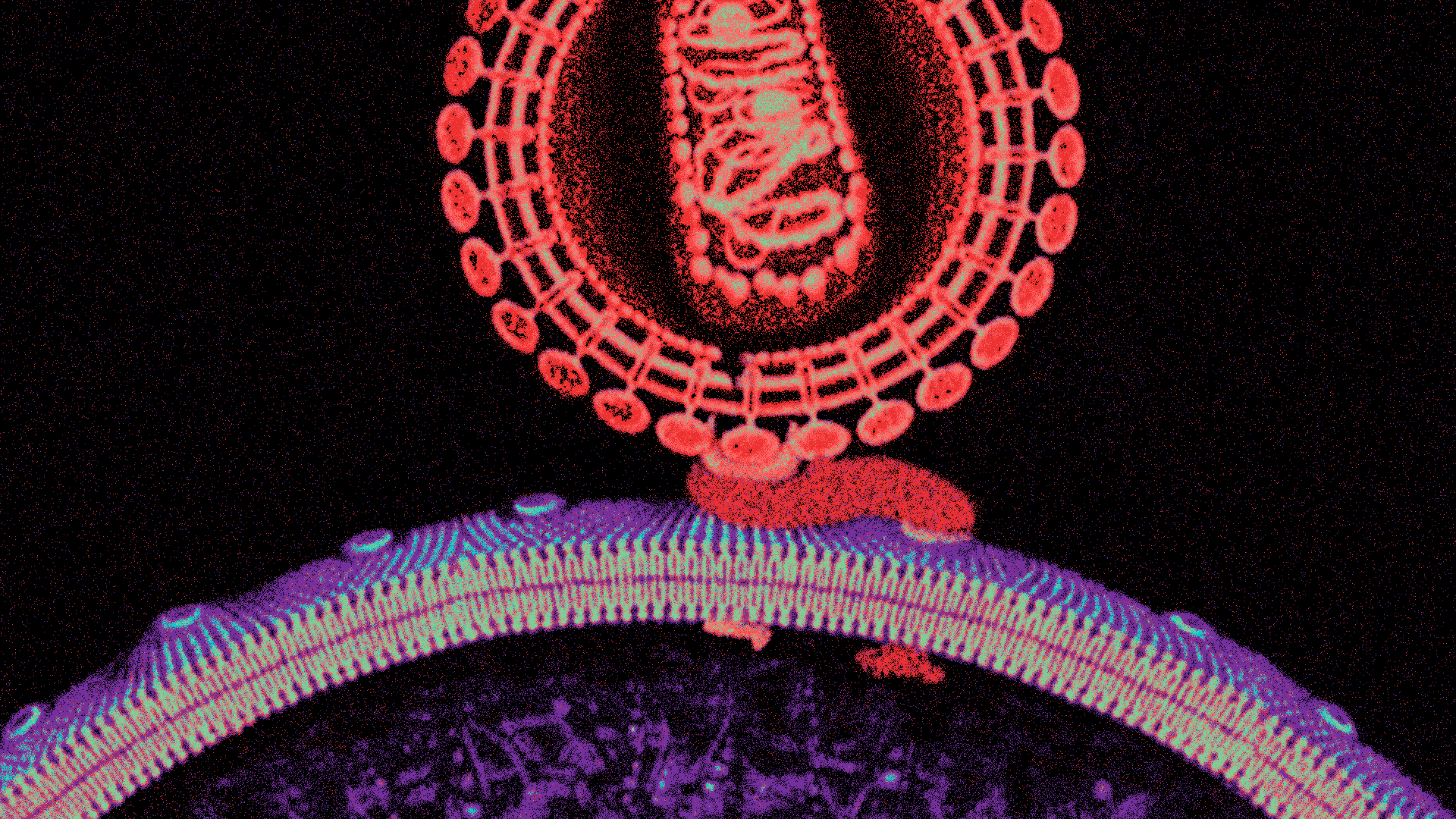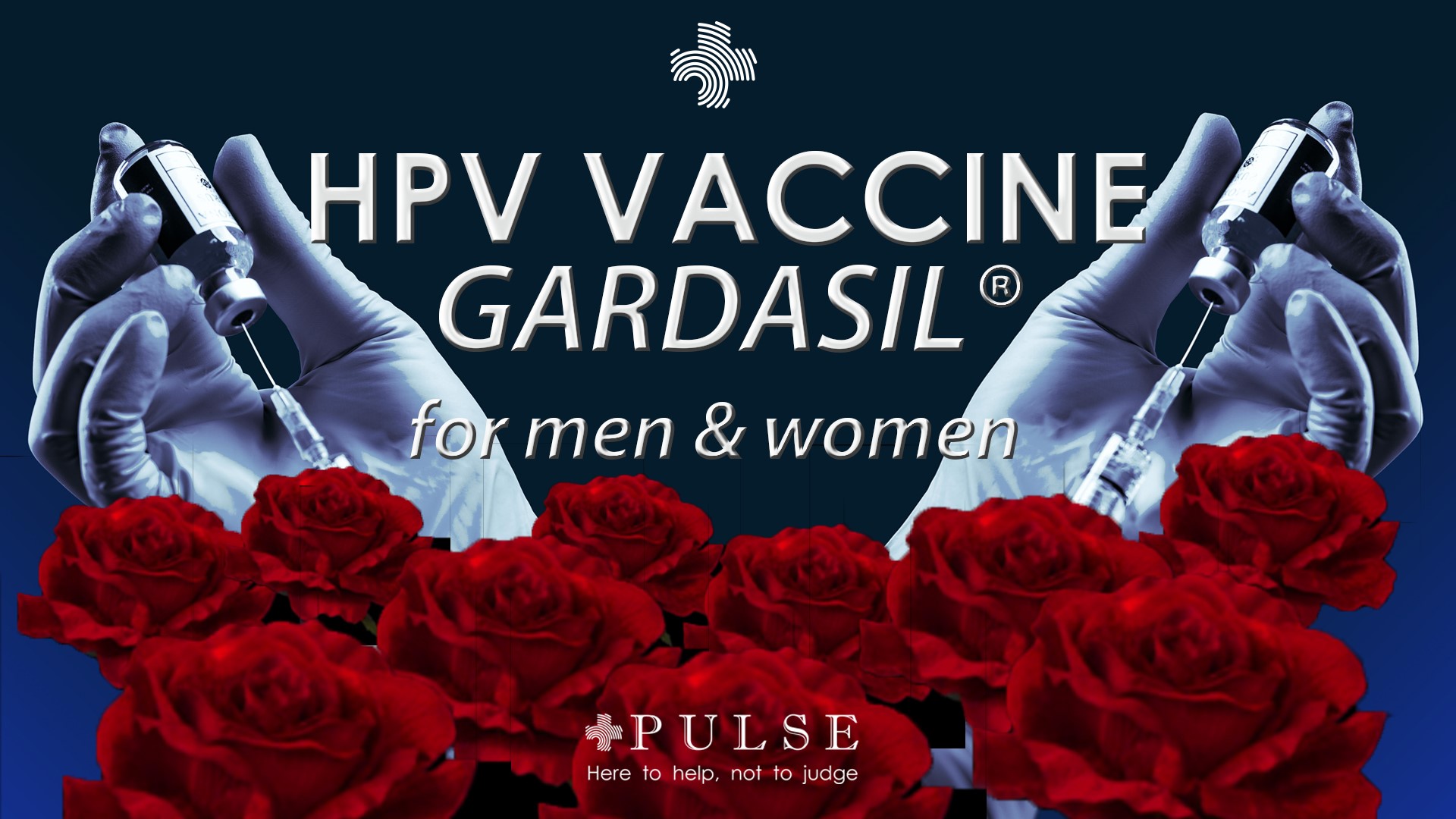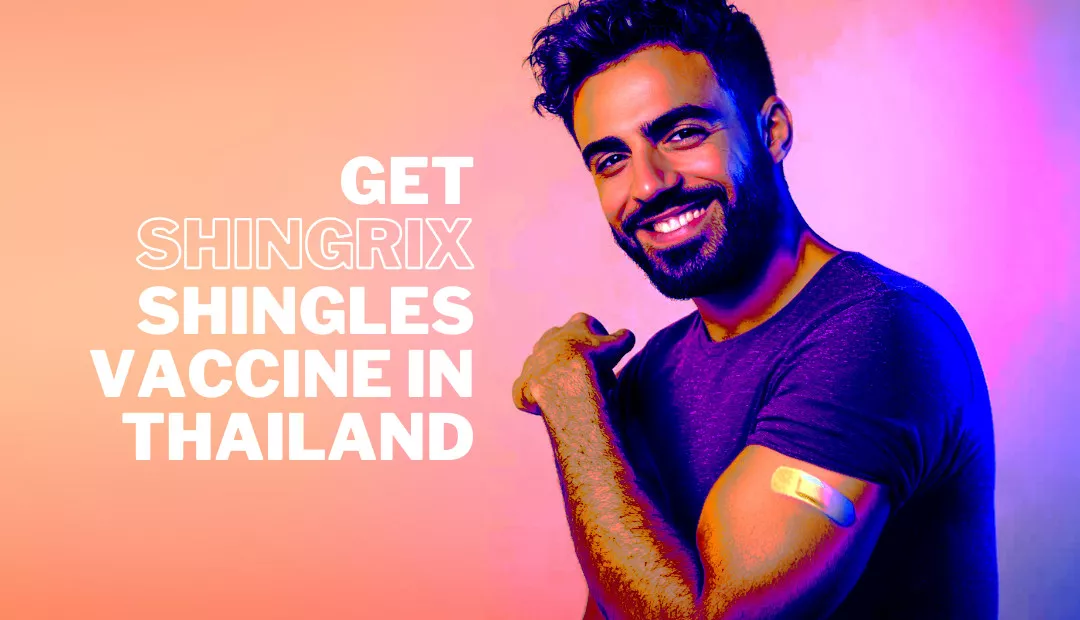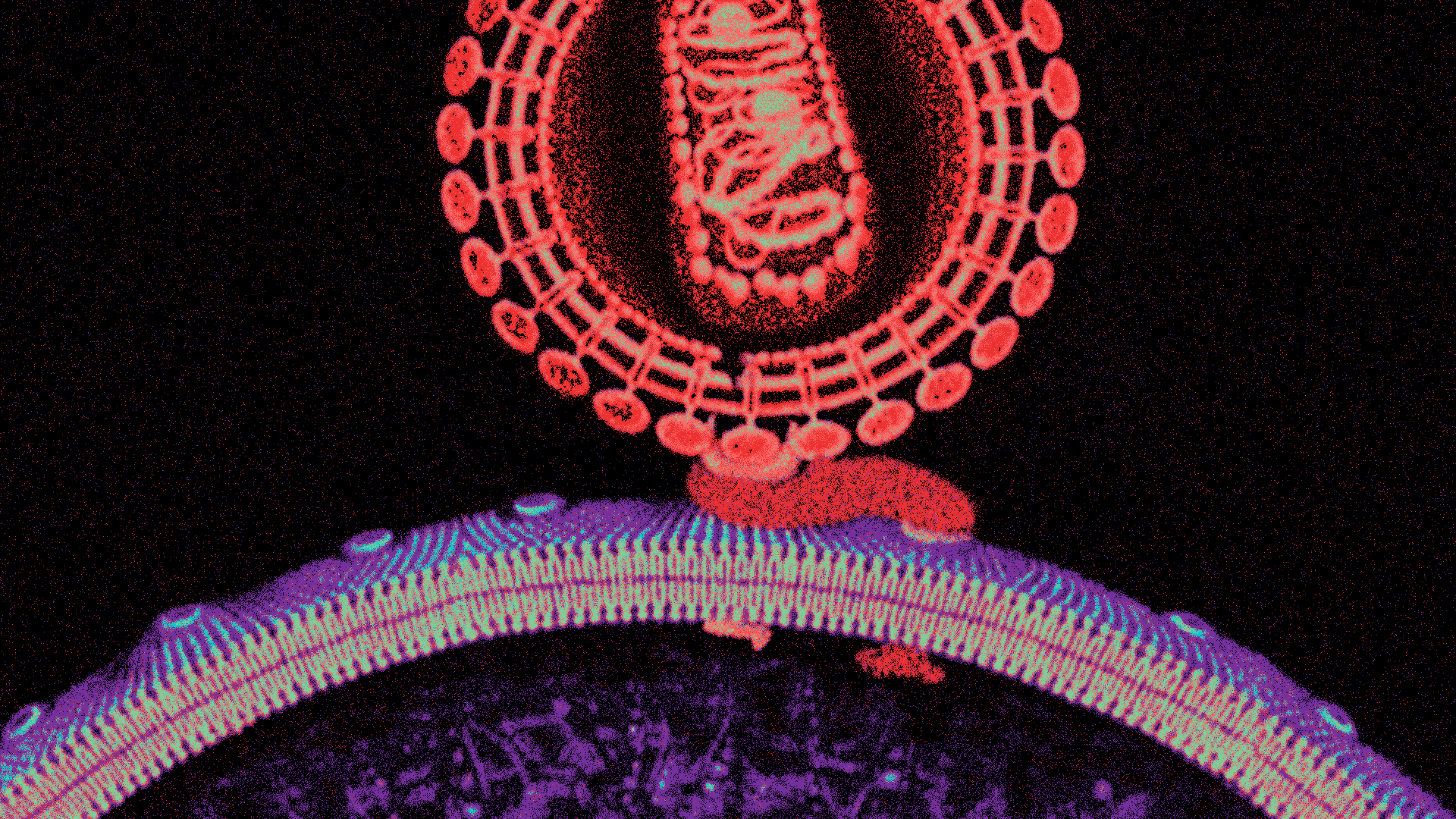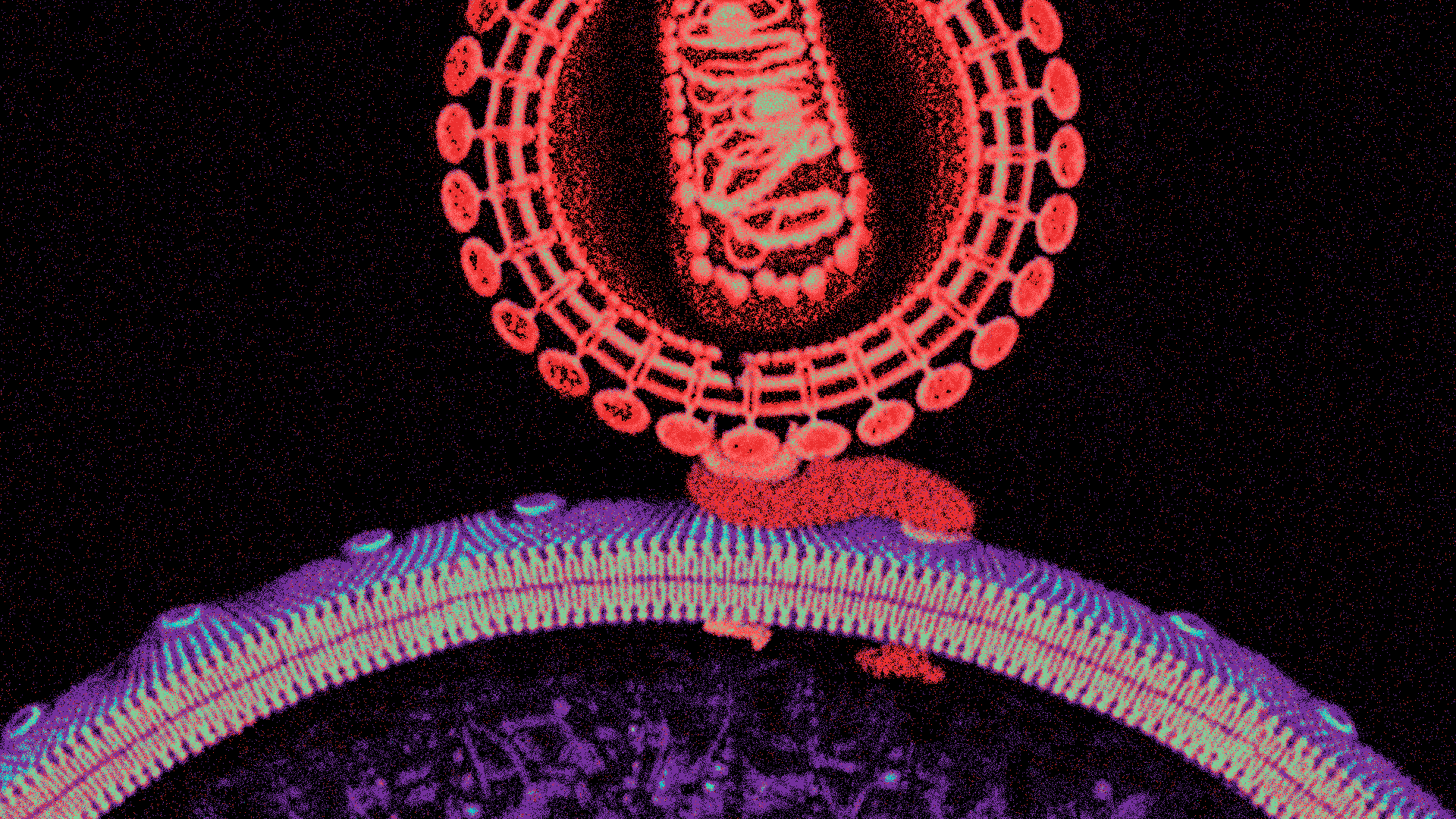Vaccinations for Adults with HIV Infection
15761
Types of vaccinations for Adults with HIV Infection

Vaccines are crucial in safeguarding individuals and communities against diseases ranging from the common flu to more severe illnesses like polio and hepatitis. Understanding the fundamentals of vaccines, their safety, and their significance for specific populations, such as those with HIV, is paramount to promoting public health and well-being.
What are Vaccines?
Vaccines are instrumental in fortifying the body's immune system against infectious diseases. Vaccines prompt the immune system to mount a defensive response. This response equips the body with the necessary tools to combat the disease if exposed to it in the future. Not only do vaccines protect individuals, but they also contribute to the collective immunity of communities, reducing the risk of disease outbreaks.
The Benefits of Vaccinations for Adults Living with HIV Infection
Vaccination offers several benefits for individuals living with HIV, including:
- Disease Prevention: Vaccines protect individuals from various infectious diseases, reducing the likelihood of illness and associated complications. For people with HIV, who may have weakened immune systems, vaccination plays a crucial role in preventing infections that could be particularly severe or challenging to treat.
- Reduced Disease Burden: By preventing infections, vaccines help alleviate the burden on individuals with HIV, who may already face various health challenges. Vaccination can reduce illnesses' frequency and severity, improving overall well-being and quality of life.
- Protection Against Opportunistic Infections: Individuals with HIV are more susceptible to opportunistic infections, which can be life-threatening. Vaccination helps bolster the immune system's ability to defend against these infections, reducing the risk of complications and hospitalisation.
- Prevention of Transmission:Vaccines protect individuals and contribute to community immunity. By reducing the prevalence of infectious diseases among people with HIV, vaccination helps minimise the risk of transmission to others, including those who may have compromised immune systems.
- Enhanced Treatment Efficacy: Vaccination can complement HIV treatment by reducing the likelihood of additional infections that could interfere with antiretroviral therapy or exacerbate HIV-related complications. By maintaining overall health and immune function, vaccines support the effectiveness of HIV treatment regimens.
- Improved Public Health: Vaccination programs targeting individuals with HIV contribute to broader public health goals by reducing the incidence of vaccine-preventable diseases. This not only benefits individuals with HIV but also helps protect the wider community, including those who may be at increased risk due to age, underlying health conditions, or other factors.
Vaccination plays a vital role in promoting the health and well-being of people living with HIV by preventing infections, reducing disease burden, and supporting overall immune function. It is an essential component of comprehensive HIV care and management, offering both individual and societal benefits.
Safety and Efficacy
A common concern surrounding vaccines is their safety. However, extensive research and rigorous testing have consistently demonstrated that vaccines are safe and effective. While minor side effects such as soreness at the injection site or a mild fever may occur, severe reactions are exceedingly rare. Before vaccination, consulting with a healthcare provider can provide valuable insights into specific vaccines' benefits and potential side effects
HIV and Vaccine Development
Despite significant progress in vaccine research, developing an effective vaccine against HIV remains an ongoing challenge. Numerous trials have been conducted, but to date, none have proven to be entirely successful in preventing HIV infection. However, individuals living with HIV can still benefit from vaccines designed to protect against other diseases.
Add us on Line and stay in touch.
Recommended Vaccines for People with HIV
For individuals with HIV, immunisation against certain diseases is particularly crucial due to their heightened vulnerability. Vaccines recommended for people with HIV include those targeting COVID-19, hepatitis A and B, human papillomavirus (HPV), influenza, meningococcal disease, pneumonia, shingles, and tetanus, diphtheria, and pertussis (whooping cough). Tailored vaccination plans may be recommended based on age, previous vaccinations, and specific HIV-related considerations.
Recommended Vaccines for People With HIV:
- COVID-19
- Hepatitis A
- Hepatitis B
- Human papillomavirus (HPV)
- Influenza (flu)
- Meningococcal
- Pneumococcal (pneumonia)
- Tetanus, diphtheria, and pertussis (whooping cough). A single vaccine, Tdap, protects adolescents and adults against these three diseases.
- Shingles (Shingrix)
Additional Considerations
Additional vaccines may be recommended based on age, previous vaccinations, risk factors for specific diseases, or certain HIV-related considerations.
Importance of Consultation
People with HIV are at a significantly higher risk of contracting many of these diseases. Therefore, they need to discuss with their healthcare providers to determine the vaccines they should receive and the appropriate timing for vaccination.
Travel and Immunizations
Travelers, including those with HIV, should ensure they are up-to-date on routine vaccinations before embarking on international journeys.
All PUSLE clinics are one-stop HIV treatment clinics that offer comprehensive and holistic care and management for HIV.
Depending on the destination, additional vaccines may be necessary to protect against diseases prevalent in other regions.
Consulting with our healthcare provider well before travel is essential to determining the appropriate vaccinations and ensuring optimal health during the trip.
Conclusion
Vaccines represent one of the most effective tools in modern medicine for preventing the spread of infectious diseases and preserving public health.
While challenges persist in developing certain vaccines, individuals, including those living with HIV, can benefit from existing immunisation strategies aimed at safeguarding against a range of illnesses.
By staying informed and proactive about vaccination recommendations, individuals can take proactive steps to protect themselves and their communities from preventable diseases.
Trust PULSE CLINIC to take care of your health like other 45000 people from over 130 countries. We provide discreet professional service with high privacy. Here to help, not to judge.



